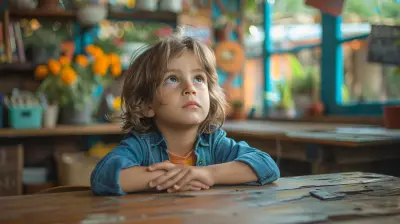The Benefits of Outdoor Play for Kids (And Why They Need More of It)
27 July 2025
Have you ever watched your child run barefoot through the grass, cheeks flushed, eyes wide with wonder? There’s something almost magical about it, isn't there? That invisible, electric spark that lights them up from the inside out—that’s the power of outdoor play. And guess what? Our kids need a whole lot more of it.
In today’s fast-paced, screen-filled world, outdoor play is slowly slipping through our fingers like sand in an hourglass. But here's the thing—we need to bring it back. Not only for nostalgia’s sake but for our children’s mental, emotional, and physical development.
So, grab a cozy drink, and let’s dive deep into why outdoor play isn't just important—it’s essential.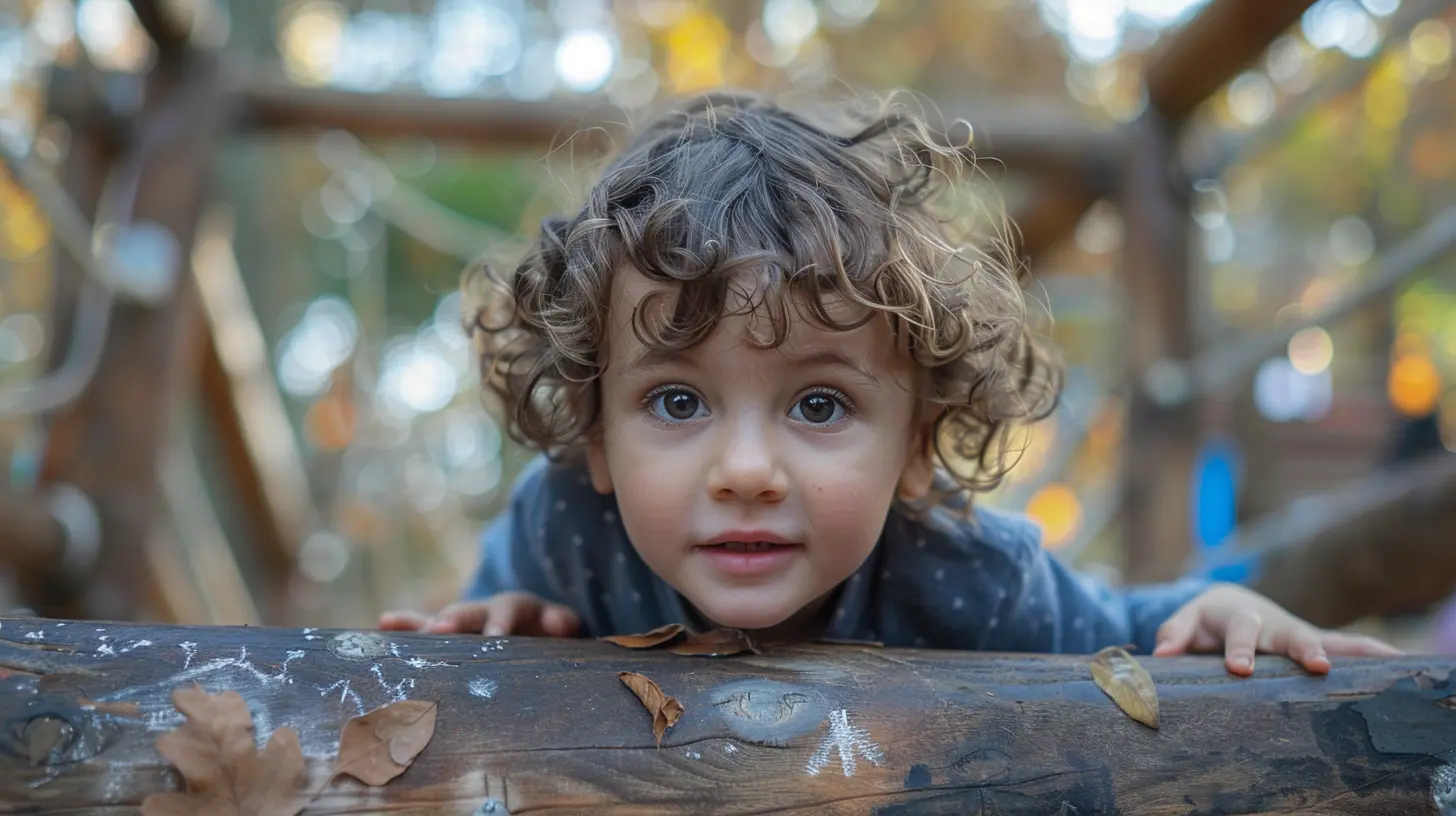
Why Are Kids Playing Outside Less?
Before we unravel the benefits, let’s tackle an uncomfortable truth—kids just aren't playing outside like they used to. Think back to your own childhood. Climbing trees, racing bikes down the street, building forts in the woods... sound familiar?Now compare that to the average child today. Between school, homework, extracurriculars, and the ever-present allure of screens (we’re looking at you, YouTube and Roblox), outdoor time often gets pushed to the bottom of the list.
And let’s not ignore the elephant in the room—safety concerns, lack of green space, and the fast rise of urban living have quietly built barriers around our children’s natural inclination to explore the outdoors.
But every problem has a solution. And that solution starts with understanding what our kids are missing.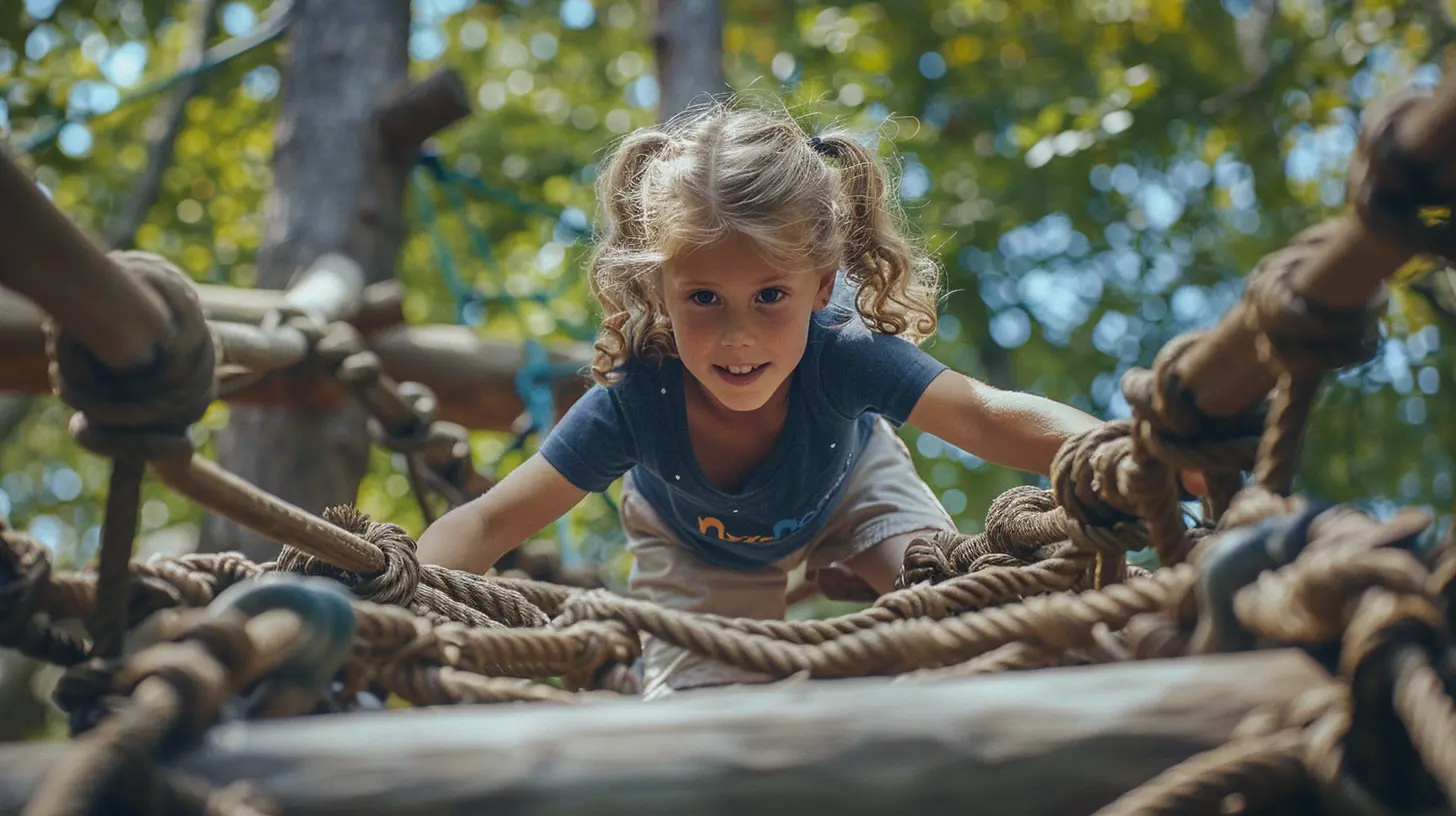
1. Outdoor Play Supercharges Physical Health
Let’s cut to the chase—kids need to move. Not just in a structured gym class or organized sport but in that wild, spontaneous, giggle-filled kind of way.When children play outside, they:
- Run, jump, climb, crawl—using muscles they rarely activate indoors.
- Build balance and coordination without even realizing it.
- Soak up vitamin D (yep, that magical sunshine vitamin that boosts immunity and bone health).
- Burn off energy, which can help with sleep and mood.
Think of outdoor play as nature’s gym—free, open 24/7, and way more fun than a treadmill.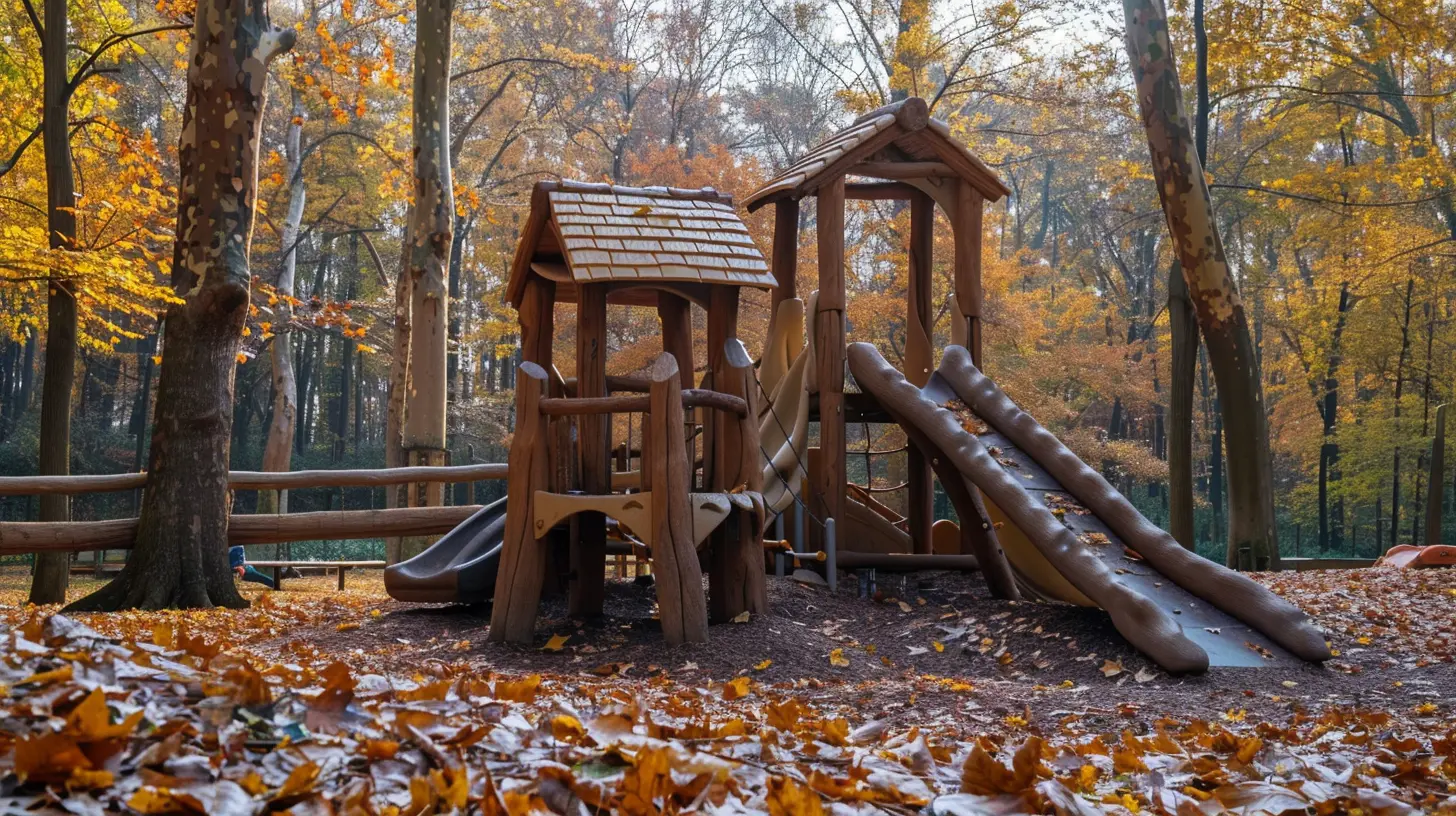
2. It Fuels Creativity and Imagination
You don’t need fancy toys when you’ve got sticks, rocks, mud, and infinite possibilities. A stick becomes a sword, a rock becomes treasure, and the backyard turns into a jungle full of hidden secrets.Outdoor play breaks free from rules and scripts. It inspires children to:
- Invent their own games.
- Create roles and narratives.
- Solve problems on the fly.
It’s not just play—it’s storytelling, experimenting, and world-building, all rolled into one muddy, marvelous mess.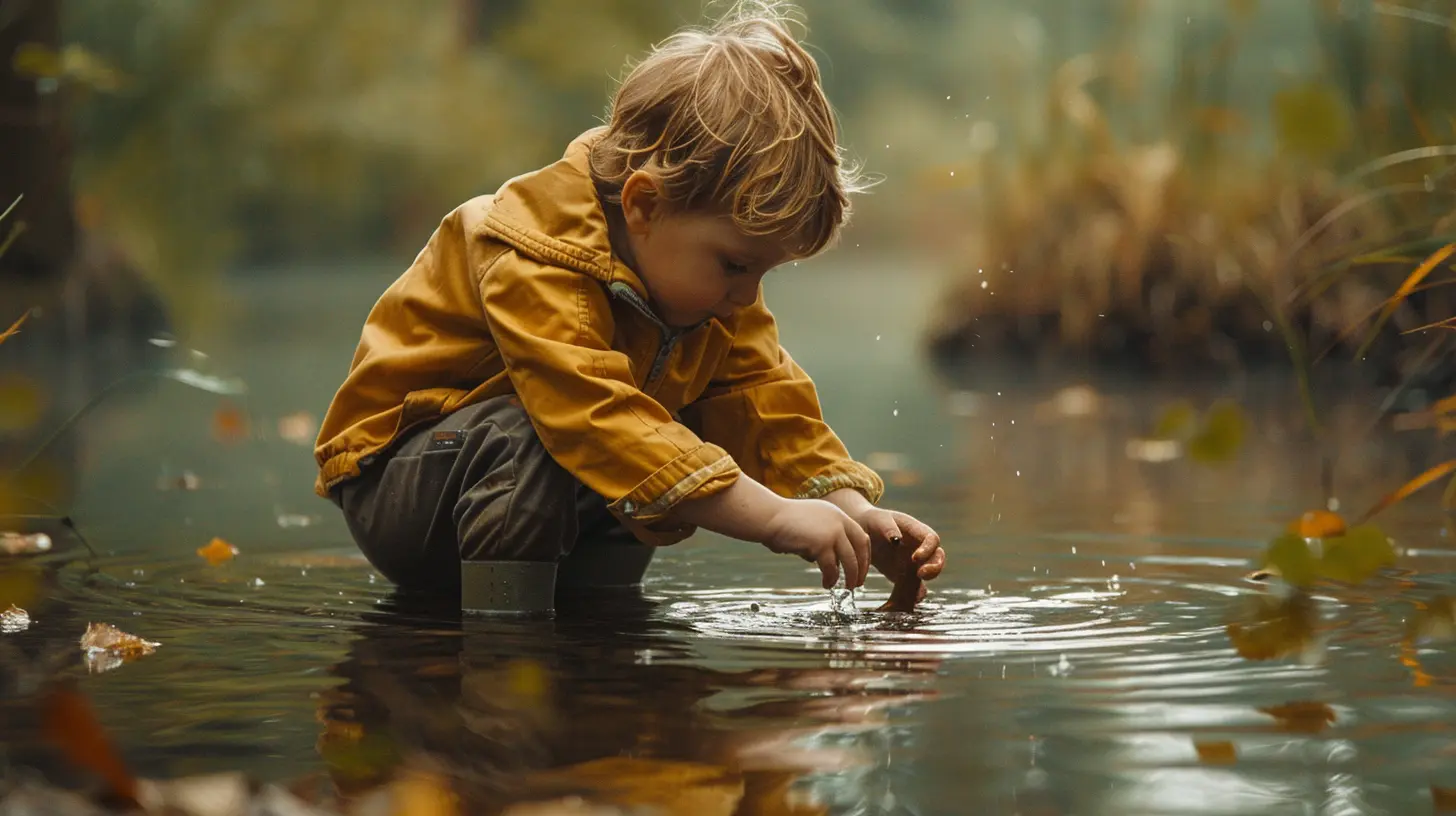
3. Emotional Resilience Grows Outside
Here’s a powerful truth: nature doesn’t always go according to plan. The wind knocks over your tower, the creek’s colder than expected, and that tree? It’s harder to climb than it looks.And that’s a good thing.
Outdoor play gives kids safe ways to experience frustration, failure, and perseverance. It teaches them to:
- Take risks.
- Adapt when things don’t go as planned.
- Build confidence through trial and error.
This kind of “learning by doing” builds emotional resilience like nothing else. In a world that often cushions failure, the outdoors reminds kids that falling isn’t the end—it’s just part of the adventure.
4. It Strengthens Social Skills Naturally
Picture this: a group of kids in the park, each one bubbling with different ideas for the “best” game. Negotiation kicks in. Leadership emerges. Conflicts spark (and get resolved). Laughter echoes.Outdoor play is a crash course in real-life social dynamics.
Kids learn to:
- Share and take turns.
- Communicate their ideas.
- Handle disagreements.
- Work as a team—without an adult directing every move.
Social skills aren’t taught. They’re lived and practiced. And the playground? It’s the perfect training ground.
5. Outdoor Time Boosts Cognitive Development
Want smarter, more focused kids? Let them run wild.Studies have shown that time spent in natural settings improves everything from memory and attention span to problem-solving and critical thinking.
Here’s why:
- Nature reduces cognitive fatigue. Green spaces literally restore mental energy.
- Movement stimulates brain development.
- Play often involves math (counting, measuring), science (exploring insects, weather), and language (storytelling, naming objects).
It’s like sneaking veggies into their favorite meal—kids have no idea how much good they’re soaking up just by being outside.
6. It Reduces Stress and Anxiety
Childhood isn’t always carefree. Kids get stressed too—school pressure, peer drama, sensory overload from too much screen time.But here’s the miracle: nature calms them.
Outdoor play helps regulate cortisol (the stress hormone) and triggers the release of happy chemicals like serotonin and dopamine. In simple terms?
- The breeze soothes.
- The birdsong relaxes.
- The open space gives their bodies and minds room to breathe.
Even short doses—15 to 20 minutes playing outside—can act like a reset button for emotional well-being.
7. It Creates Family Connection (Without Wi-Fi)
Let’s talk real life for a second. How often are you and your child both fully present?We’re all guilty of it. Scrolling through emails during playtime. Replying to messages on a walk.
But outdoor play offers a chance to reconnect—without distractions. Whether it’s a family hike, a game of catch, or just building a fort together, it anchors us in the moment.
No pings. No alerts. Just you, your child, and the wide-open world.
8. The Outdoors Teaches Respect and Responsibility
When kids spend time in nature, they naturally grow to appreciate it. They:- Learn that flowers are to be admired, not picked.
- Understand how litter harms animals.
- See life cycles in real time—from a caterpillar to a butterfly.
This awareness fosters environmental stewardship. It teaches kids their actions matter, even in the smallest ways. And that’s a lesson we all want them to carry into adulthood.
What’s Getting in the Way?
OK, so we know outdoor play is amazing. But what’s stopping it?Let’s break down the roadblocks:
- Screen Time: Tablets and TVs are addictive. Let’s be honest, they’re often the easier choice for tired parents.
- Overscheduling: Kids’ calendars are packed with lessons, sports, and activities—leaving little time for unstructured outdoor play.
- Safety Concerns: Many parents worry about letting kids roam freely, especially in urban areas.
- Lack of Green Space: Not every neighborhood has access to parks or safe outdoor areas.
These are real hurdles. But the good news? There are ways around them.
How To Squeeze In More Outdoor Play (Even With A Busy Life)
You don’t need to move to the countryside or become a wilderness expert. Start small. Here’s how:1. Make It Routine
Set a time each day for outdoor play—just like meals or bedtime. Even 20 minutes after school can work wonders.2. Keep It Simple
The backyard. A patch of grass. A walk around the block. It doesn’t have to be Insta-worthy—just real.3. Join In
Kids are more likely to go outside if you do too. Plus, it’s a great way to bond without devices in the way.4. Say “Yes” to Mess
Let go of the clean clothes obsession. Mud washes off. Memories don’t.5. Add Fun Stuff
Buckets, chalk, balls, sticks—give kids tools, and let them take the lead.6. Embrace All Weather
Raincoat? Check. Boots? Check. Remember: there’s no such thing as bad weather—just the wrong clothes.What’s At Stake If We Don’t?
Let’s get real for a second. When outdoor play disappears, here’s what fills the void:- More screen time.
- Less physical movement.
- Shorter attention spans.
- Higher anxiety.
- Weaker immune systems.
- Fewer social skills.
This isn’t just about having fun outside—it’s about shaping healthy, resilient, confident humans. And the clock is ticking.
Final Thoughts: Let Them Be Wild
We live in a world that tries to tame childhood. Schedules. Screens. Structured activities. But children were born to be wild. Their minds crave exploration. Their bodies crave motion. Their hearts crave connection—with nature, with others, with themselves.Outdoor play isn’t optional. It’s oxygen for our kids.
So next time the sun comes out—or even if it doesn’t—open that door, let them run, and watch the magic unfold.
Because behind every muddy footprint and scraped knee is a story worth telling—and a child becoming exactly who they’re meant to be.
all images in this post were generated using AI tools
Category:
MotherhoodAuthor:

Noah Sawyer
Discussion
rate this article
2 comments
Yazmin McLain
Absolutely love this! Outdoor play is so essential for our little ones to thrive. It sparks creativity, boosts their mood, and helps them connect with nature. Let’s encourage more outdoor adventures and watch them grow joyful and healthy! 🌳🌈
December 30, 2025 at 4:58 PM

Noah Sawyer
Thank you! I completely agree—outdoor play is vital for children's growth and well-being. Let's continue to promote those joyful adventures! 🌟
Uri Daniels
I love the idea of outdoor play! It’s fascinating how nature can enhance creativity and well-being in kids. What activities do you recommend?
August 12, 2025 at 2:22 AM

Noah Sawyer
Thank you! I recommend activities like nature scavenger hunts, building forts, and outdoor art projects to spark creativity and promote well-being in kids.
